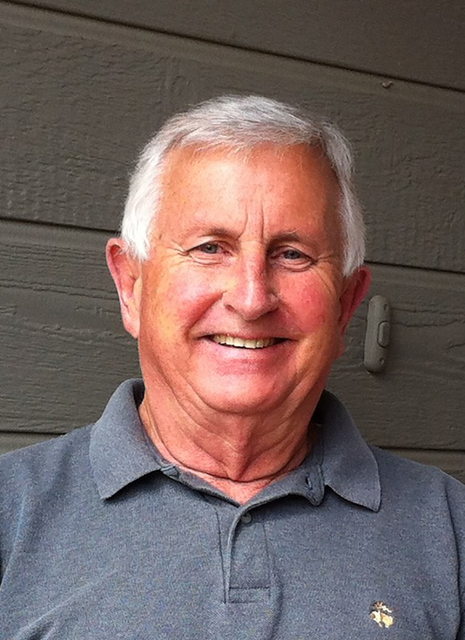Op-Ed: Implementing legalized recreational pot should be tough
Implementing fully legalized marijuana in Nevada should be tough.
Nevada’s nascent medical marijuana program is run by the Nevada Department of Health and Human Services. However, Nevada’s new recreational marijuana program will be run by a different agency, the Nevada Department of Taxation, pursuant to the initiative voters passed last November. The Department of Taxation has no institutional experience in administering a marijuana program.
Under the initiative, the department is given broad powers to set marijuana wholesale prices; establish requirements and issue licenses for five different types of marijuana licensees; do background checks; set requirements for packaging, testing, recordkeeping, signage, taxes and fees. The powers and duties of the Department of Taxation are exhaustively listed in the initiative and cover two pages. This monumental undertaking requires the department to draft all regulations and “staff up” by Jan. 1, 2018.
Implementing marijuana legalization in Colorado required the hiring of more than 50 full-time employees in their Department of Revenue and a total of 120 new hires at all levels of government. Colorado struggled but met their initiative imposed one-year deadline on retail sales. Similarly, California “promises to be operational” by January 2018. The legislature in Massachusetts, citing complications, voted to delay their marijuana deadline for six months to July 1, 2018.
Nevada’s Dept. of Taxation has just now hired four employees to draft regulations and administer the state’s recreational marijuana program. They plan to hire an additional 12 individuals in July. Meanwhile, the department has stated an intention for “early start” retail sales to begin July 1, 2017, using “temporary regulations”. In general, pressure from the commercial marijuana industry and state officials to get retail sales started immediately is intense. Retail sales mean profits for the industry and revenue for the state to recoup costs incurred in “staffing up”.
The Department of Taxation is Nevada’s new marijuana “regulator” with a duty is to protect the health and safety of Nevadans. Will a staff of 16 employees be able to draft tough, comprehensive regulations limiting advertising, pot potency, restricting edibles, prescribing packaging, among their myriad duties? Colorado required over three times as many full-time employees to administer their marijuana start-up program. At a time when Massachusetts is postponing their “start date” to July 2018, Nevada is advancing ours to July 2017—one full year earlier. Will Nevadans be protected by adequate regulation and enforcement?
Governor Sandoval proposes a new retail excise tax of 10 percent on retail marijuana sales coupled with the 15 percent wholesale tax provided for in the initiative. Under Sandoval’s proposal, a Clark County retail marijuana purchaser would absorb a combined wholesale and retail tax of 25 percent, plus a local sales tax of 8.15 percent. This total tax cost of 33.15 percent would result in a large black market. Colorado is reducing their retail marijuana tax from 10 percent to 8 percent effective in July after a state-sponsored study substantiated the black market effect. Sandoval’s retail marijuana tax revenue forecast of $50 million annually is also extremely optimistic based on the Colorado experience where first-year marijuana taxes were barely half the amount projected.
Marijuana remains illegal under the federal Controlled Substances Act, classified a Schedule 1 drug, found to be without valid medicinal applications and a high potential for abuse. The Obama Administration’s DEA director reaffirmed that classification last August.
President Trump’s new Attorney General, Jeff Sessions, has been an outspoken critic of legalizing marijuana. The only thing keeping federal agents from enforcing federal law is the 2013 Justice Department “Cole Memorandum” making marijuana a low priority and permitting localities and states to enforce their own laws. Attorney General Sessions has full authority to withdraw that memorandum and pursue a different policy.
Nevada policymakers should not get addicted to the “pot of gold” lure of marijuana tax revenues. Marijuana taxes will not likely cover the full costs of legalization— including regulation, enforcement, public health and safety and substance abuse treatment.
Jim Hartman is an attorney residing in Genoa, Nevada, and president of Nevadans for Responsible Drug Policy

















